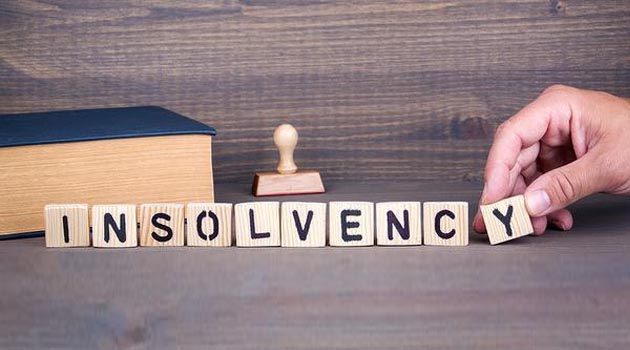Only 2% personal guarantee claims recovered so far
Creditors have recovered 2.16 per cent, or Rs 102.78 crore, of their admitted claims from personal guarantors under the Insolvency and Bankruptcy Code (IBC), the latest data from the Insolvency and Bankruptcy Board of India (IBBI) shows.
Personal guarantors’ insolvency resolution, experts said, is an opportunity to balance debtor relief with creditor recovery, but its trajectory leans on debtor leniency.
“Providing avenues for debtors to rehabilitate themselves financially is understandable, but the dismal 2.16 per cent recovery rate indicates a systemic flaw. Emphasis on approving repayment plans without scrutiny or enforcement mechanisms risks undermining creditor confidence and perpetuates a moral hazard,” said Sonam Chandwani, managing partner, KS Legal & Associates.
The IBBI data shows of the 383 admitted personal guarantors’ insolvency processes, 124 have been closed. Of these 12 have been withdrawn, 86 have been closed because repayment plans were not submitted or rejected, and for 26 the repayment plan has got approval.
In January-March 2024, five plans were approved. The provision for insolvency resolution of personal guarantors was enabled in November 2019 by the IBBI. The rules in this regard were brought in as part of a phased introduction of individual insolvency laws.
“There needs to be a recalibration towards stricter assessment, stronger creditor protection, and greater emphasis on accountability from debtors. Without such reforms, the future of such an insolvency process is uncertain, and its outcomes will not be equitable,” Chandwani added.
An initial challenge of the process was whether a banker’s agreement with the company and the personal guarantor was inter-linked or separate. In February this year, the IBBI allowed the same insolvency professional for the resolution process of a company as well as its personal guarantor for better harmonisation and effective coordination.
Experts say invoking personal guarantees under the Securitisation and Reconstruction of Financial Assets and Enforcement of Security Interest Act or the Indian Contract Act was time-consuming, allowing personal guarantors to divert, erode, or create encumbrances over their assets, thereby making the process ineffective.
“Under the IBC, creditors often face substantial haircuts, sometimes as high as 90 per cent. So effective mechanisms for recovery from personal guarantors put creditors in a winning situation,” said Piyush Agrawal, Associate Partner, AQUILAW.
The IBBI has amended the provision regarding the meetings of the committee of creditors to make them mandatory in insolvency matters pertaining to personal guarantors.
Earlier after the repayment plan was submitted by the personal guarantor, the resolution professional would evaluate its viability and submit a report to the adjudicating authority with a recommendation on whether to call a meeting of the creditors. If the professional considered such a meeting unnecessary, the person provided reasons for it.


